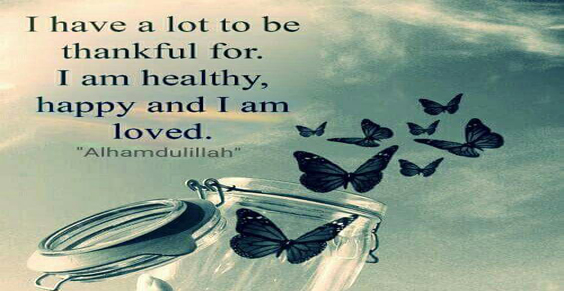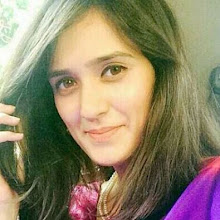Eid Ul Adha Mubarik
Eid al-Adha (Arabic: عيد الأضحى, translit. ʿīd al-ʾaḍḥā, lit. 'Feast of the Sacrifice', [ʕiːd ælˈʔɑdˤħæː]), also called the "Festival of Sacrifice", is the second of two Islamic holidays celebrated worldwide each year (the other being Eid al-Fitr), and considered the holier of the two. It honors the willingness of Ibrahim (Abraham) to sacrifice his son as an act of obedience to God’s command. Before Abraham could sacrifice his son, God provided a male goat to sacrifice instead. In commemoration of this, an animal is sacrificed and divided into three parts: one third of the share is given to the poor and needy; another third is given to relatives, friends and neighbors; and the remaining third is retained by the family.
In the Islamic lunar calendar, Eid al-Adha falls on the 10th day of Dhu al-Hijjah. In the international (Gregorian) calendar, the dates vary from year to year drifting approximately 11 days earlier each year. Eid al-Adha is the latter of the two Eid holidays, the former being Eid al-Fitr. The word "Eid" appears once in Al-Ma'ida, the fifth sura of the Quran, with the meaning "solemn festival".[3]
Eid ul Adha Mubarik ho sab ko.
Eid al-Adha (Arabic: عيد الأضحى, translit. ʿīd al-ʾaḍḥā, lit. 'Feast of the Sacrifice', [ʕiːd ælˈʔɑdˤħæː]), also called the "Festival of Sacrifice", is the second of two Islamic holidays celebrated worldwide each year (the other being Eid al-Fitr), and considered the holier of the two. It honors the willingness of Ibrahim (Abraham) to sacrifice his son as an act of obedience to God’s command. Before Abraham could sacrifice his son, God provided a male goat to sacrifice instead. In commemoration of this, an animal is sacrificed and divided into three parts: one third of the share is given to the poor and needy; another third is given to relatives, friends and neighbors; and the remaining third is retained by the family.
In the Islamic lunar calendar, Eid al-Adha falls on the 10th day of Dhu al-Hijjah. In the international (Gregorian) calendar, the dates vary from year to year drifting approximately 11 days earlier each year. Eid al-Adha is the latter of the two Eid holidays, the former being Eid al-Fitr. The word "Eid" appears once in Al-Ma'ida, the fifth sura of the Quran, with the meaning "solemn festival".[3]
Best Form Of Zikr Islamic Quote
Qur'an states:
يَا أَيُّهَا الَّذِينَ آمَنُوا اذْكُرُوا اللَّهَ ذِكْرًا كَثِيرًا
Translation: O you who Believe, make abundant remembrance of ALLAH!" (33:41)
Qur'an states:
يَا أَيُّهَا الَّذِينَ آمَنُوا اذْكُرُوا اللَّهَ ذِكْرًا كَثِيرًا
Translation: O you who Believe, make abundant remembrance of ALLAH!" (33:41)
Our Prophet said;
“The similitude of someone who remembers his Lord and someone who does not is like that of the living and the dead.” (Al-Bukhari).
Therefore, a person who remembers his Lord is like living thing and that person who does not remember Lord is like dead.
Prophet Muhammad said: "There is no God except Allah", is the best form of remembrance.
Zikr e Ilahi Islamic Quote
Qur'an states:
يَا أَيُّهَا الَّذِينَ آمَنُوا اذْكُرُوا اللَّهَ ذِكْرًا كَثِيرًا
Translation: O you who Believe, make abundant remembrance of ALLAH!" (33:41)
Qur'an states:
يَا أَيُّهَا الَّذِينَ آمَنُوا اذْكُرُوا اللَّهَ ذِكْرًا كَثِيرًا
Translation: O you who Believe, make abundant remembrance of ALLAH!" (33:41)
Our Prophet said;
“The similitude of someone who remembers his Lord and someone who does not is like that of the living and the dead.” (Al-Bukhari).
Therefore, a person who remembers his Lord is like living thing and that person who does not remember Lord is like dead.
Hazrat Ayesha Saddiqa fermatein hain ky: Hazoor Maqbool S.A.W har waqt zikr e illahi mein mashgool rehty thy.
Featured Posts
Inspirational islamic quote
Inspirational islamic quote NEver think that any request which is too big is too much for. He says "BE"...And it is. Allah i...
















